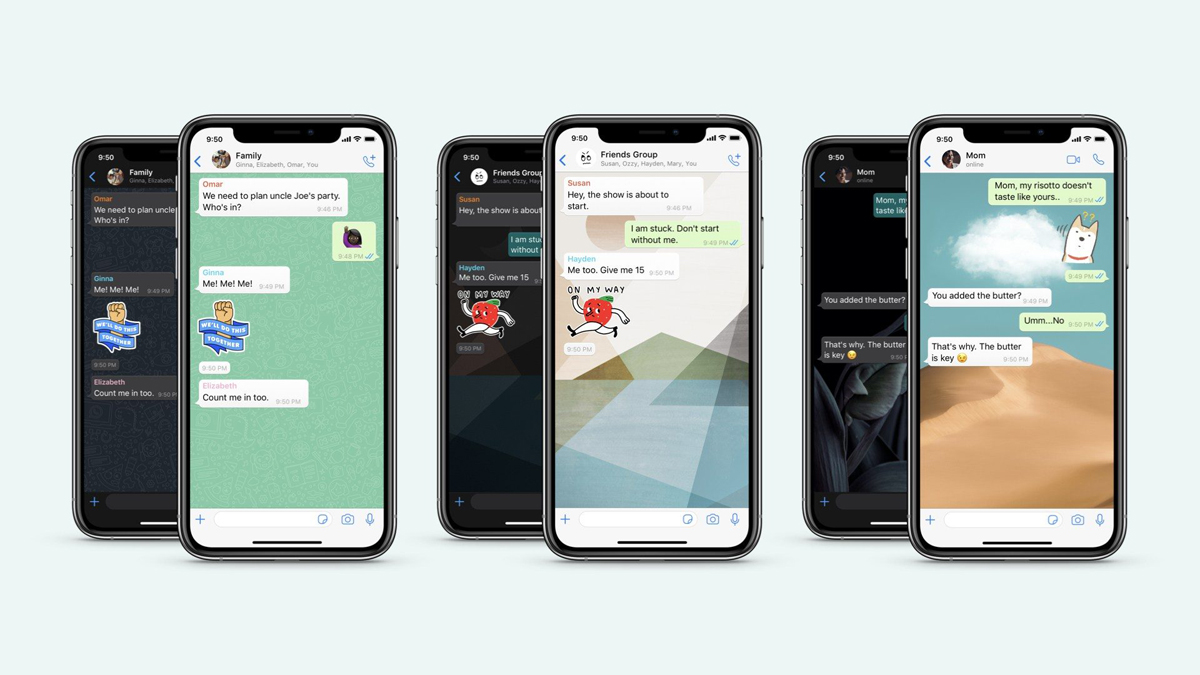As part of WhatsApp built-in protection policy, the service would send a verification code via SMS when someone tries to register a WhatsApp account using your phone number. Without the code, the individual that tried to access your WhatsApp account will not be able to proceed further. Hence, the scammer who is attempting to take over your WhatsApp account would then try to obtain it by reaching out directly to you. According to MCMC’s advisory, there are several methods that the scammer has utilised including sending messages from hijacked WhatsApp accounts that belonged to your friends or family members.
The scammer could also make a direct call to you and claim that he or she is calling on behalf of WhatsApp itself. Not only that, the scammer could also leave an automated call inside your voice mailbox and make it sounds like a genuine call from WhatsApp requesting for the code. Here is the thing: WhatsApp staff would never ask for your verification code, so you should not give the code to anyone claiming to represent the company. In fact, you shouldn’t share the code with anyone in the first place. If you have encountered an attempt to hijack your WhatsApp account, check out this page on the company’s official website to learn the necessary steps that you need to take after such an attempt, regardless of whether it is successful or otherwise. MCMC also recommends reporting the incident to the police or the commission in order to protect yourself from the aftereffects of unauthorised access on your WhatsApp. (Image: WhatsApp.)
